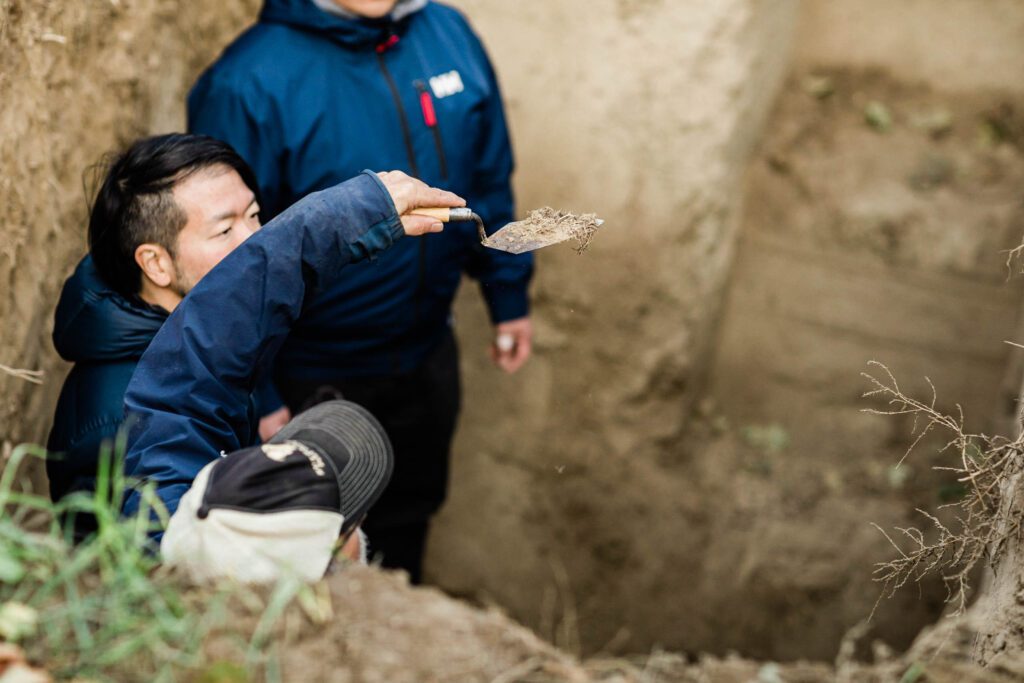Mandate: To support the development of a centralized, integrated data infrastructure for the BC wine grape industry that enables data-driven decision making, improved efficiency, and insight generation across the value chain.
Goal Statement: By 2027, BC’s wine grape industry will have made significant strides towards a standardized, user-friendly, and sustainable data infrastructure capable of integrating emerging technologies, such as AI and real-time collection systems. This system will set clear standards for data collection, governance and reporting; encourage sector-wide participation; and plan for long-term viability.
Working Group Members:
- Randy Bertsch, BCWA (Advisory Committee Liaison)
- Bailey Williamson, Enrico Winery
- Bryan Penfound, Okanagan College
- Mario Ramos, Iconic Wineries of BC
- Susan Murch, UBC
- Galen Barnhardt, Barn to Bottle Consulting
- Stephanie Hoffman, Andrew Peller Ltd.
- Anahita Pouget, TIME Family of Wines
- Stacey Horneman, Blue Grouse Estate Winery
Supported by the Program Delivery Team:
- Abbie Morris, Program Manager
- Lindsay Kelm, Communications Manager
- Kate Durisek, Host Committee Liaison
While our working group membership is currently full, if you are interested in joining the Working Group Community, please contact Lindsay Kelm at [email protected]. Community Members will receive early updates, be invited to provide feedback on draft ideas, and help guide the group’s direction through ongoing engagement.





